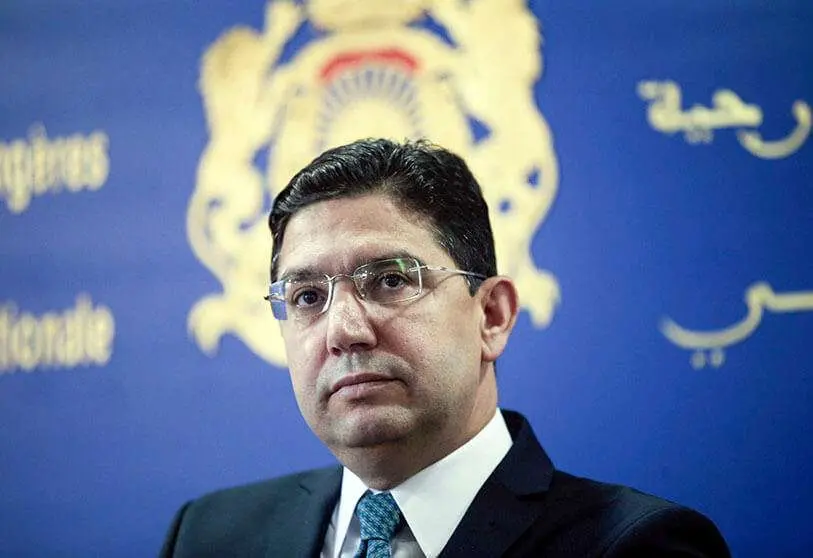Marruecos decide incrementar la contribución al Fondo Central de Respuesta a Emergencias (CERF)

Morocco, which last month was elected by the UN Secretary-General as an advisory member of the Central Emergency Response Fund (CERF), has decided to increase its contribution to the annual budget by allocating $100,000 for 2021. For the first time, he is represented on this body, which is composed of 18 experts and whose mission is to provide the Secretary-General with guidance on the use and impact of the CERF.
The CERF is a humanitarian relief fund established by the United Nations General Assembly in 2006 to support humanitarian organizations in providing rapid relief and assistance to victims of complex emergencies.
Morocco's choice was seen by Rabat as recognition of its commitment to humanitarian aid, which recently materialised in missions such as the deployment of a military field hospital in Beirut following the explosion in the port of the Lebanese capital, which devastated the city.
The Moroccan foreign minister, Nasser Bourita, stressed the North African country's commitment to humanitarian aid in his address to the CERF donors' conference. He said that, as a donor and member of the CERF Advisory Board, he appreciates the rapid and coordinated response to humanitarian crises made possible by this organisation. He also stressed the importance of building bridges between humanitarian and development projects.
He wanted to value each contribution as helping to alleviate suffering and giving hope to the most vulnerable, ultimately "leaving no one behind". He recalled that Morocco contributes actively and constantly to mitigating the impact of humanitarian crises throughout the world. He gave as an example the 17 military hospitals set up by the Royal Armed Forces and the services provided to local populations and refugees in 14 countries on several continents, as well as their participation in peacekeeping operations.
The minister referred to King Mohammed VI's address to the First World Humanitarian Summit in 2016, at which the monarch stressed: "Since my accession to the throne of the Kingdom of Morocco, you have sought to make humanitarian work one of the pillars of the Kingdom's foreign policy. I am particularly proud that Morocco has made significant contributions to alleviating the impacts of humanitarian crises wherever they occurred, especially in the countries of the South". And he praised the role of Mark Lowcock, head of operations at the Office for the Coordination of Humanitarian Affairs (OCHA), who managed to increase donors' commitment to the CERF, allocating $730 million this year, for victims of armed conflict, disease and natural disasters.
Bourita pointed out the importance of acting in a context such as the present one, in which the pandemic has generated an increase in the need for humanitarian aid, especially next year. Precisely Africa will be one of the continents that will need it most, as Mark Lowcock said a week ago.
As president of the humanitarian section of the United Nations Economic and Social Council (ECOSOC), Morocco called for action by supporting large-scale initiatives to support the humanitarian response to the COVID-19.
"Even in times of pandemic, Morocco's solidarity has never failed," the minister insisted, stressing that they have provided medical aid to 20 African countries to help them counter the effects of the pandemic.
In the case of Africa, it will be particularly necessary to provide funds to some Sahel countries such as the Democratic Republic of the Congo, Sudan, Nigeria and Ethiopia.








